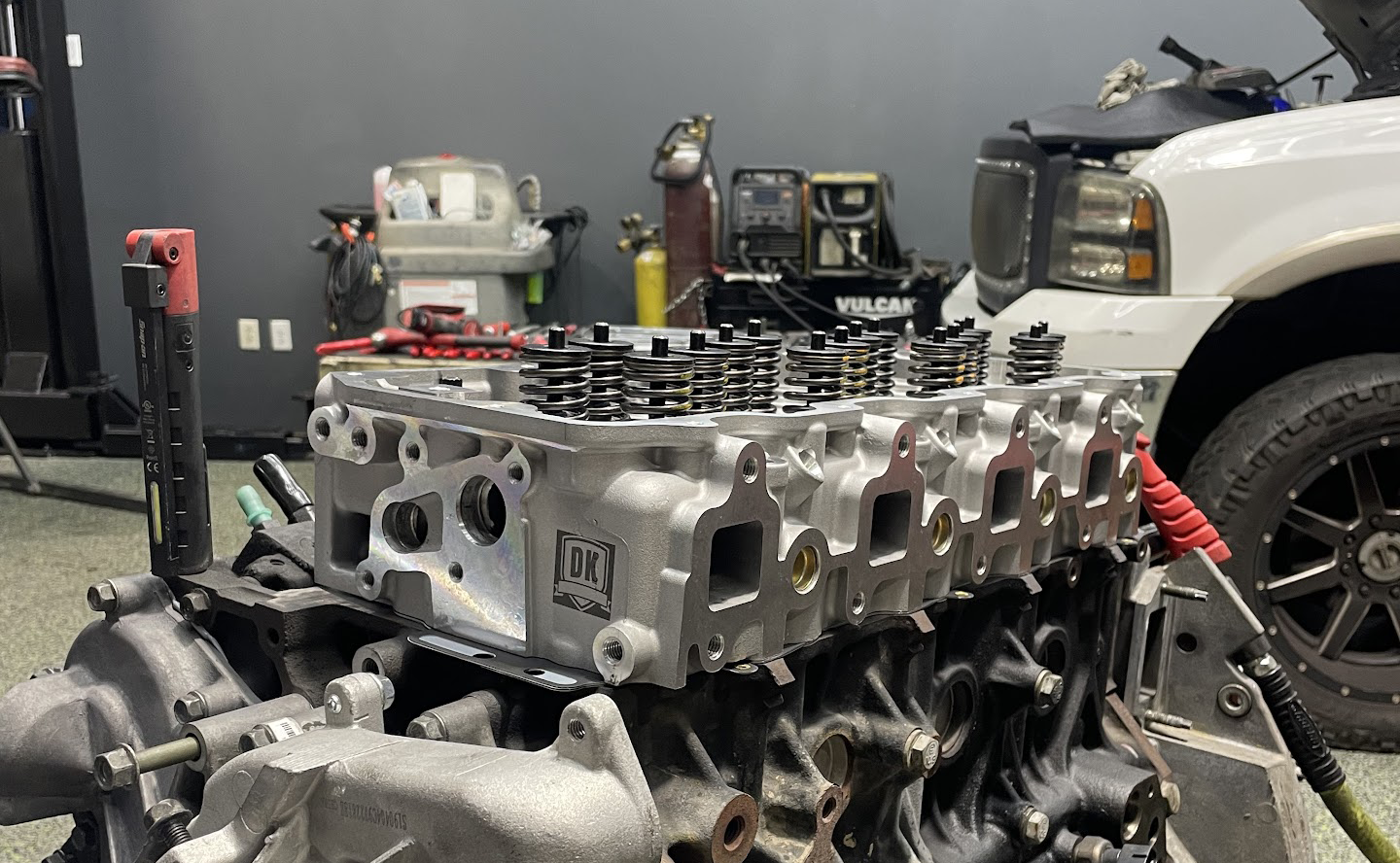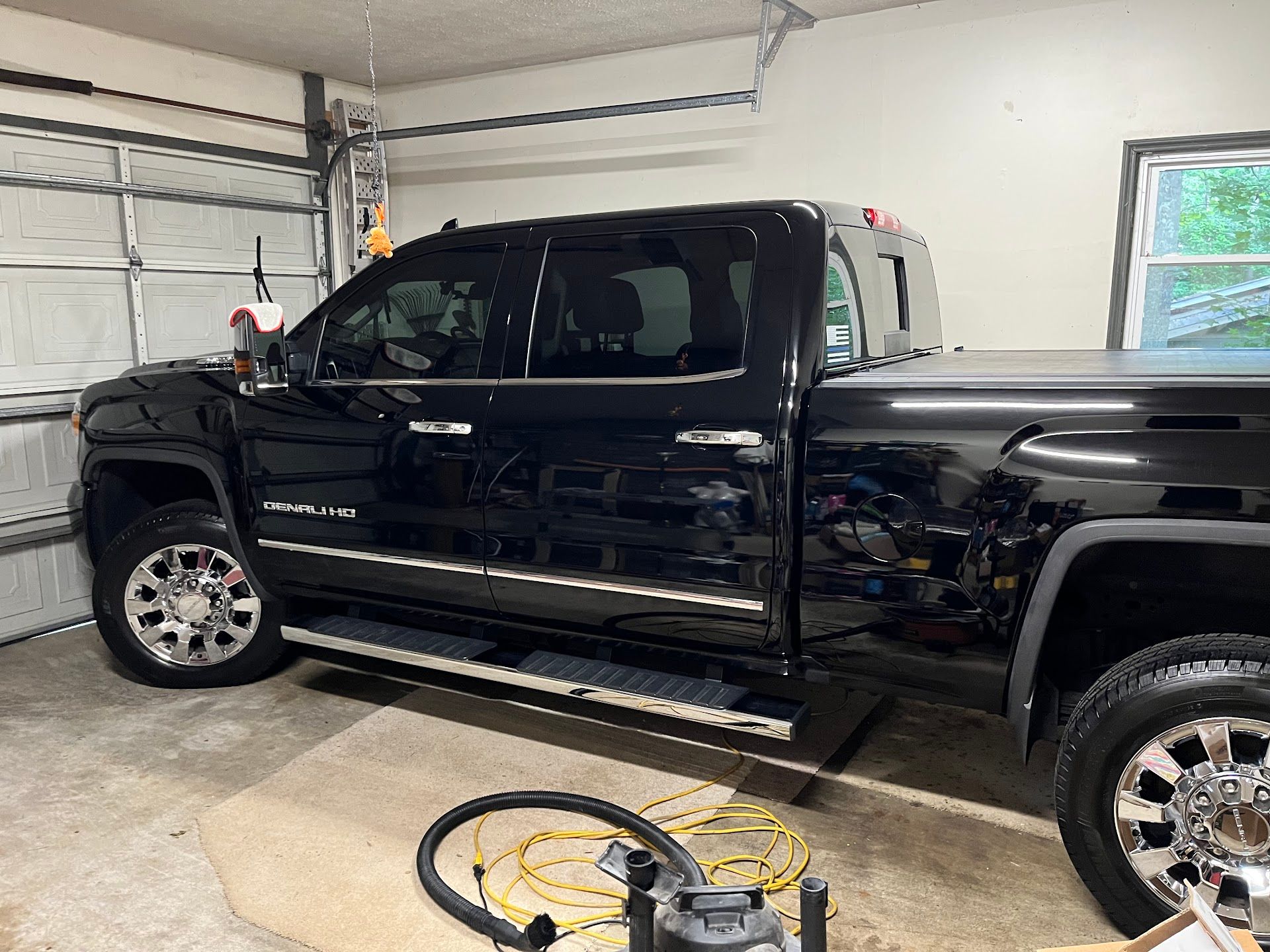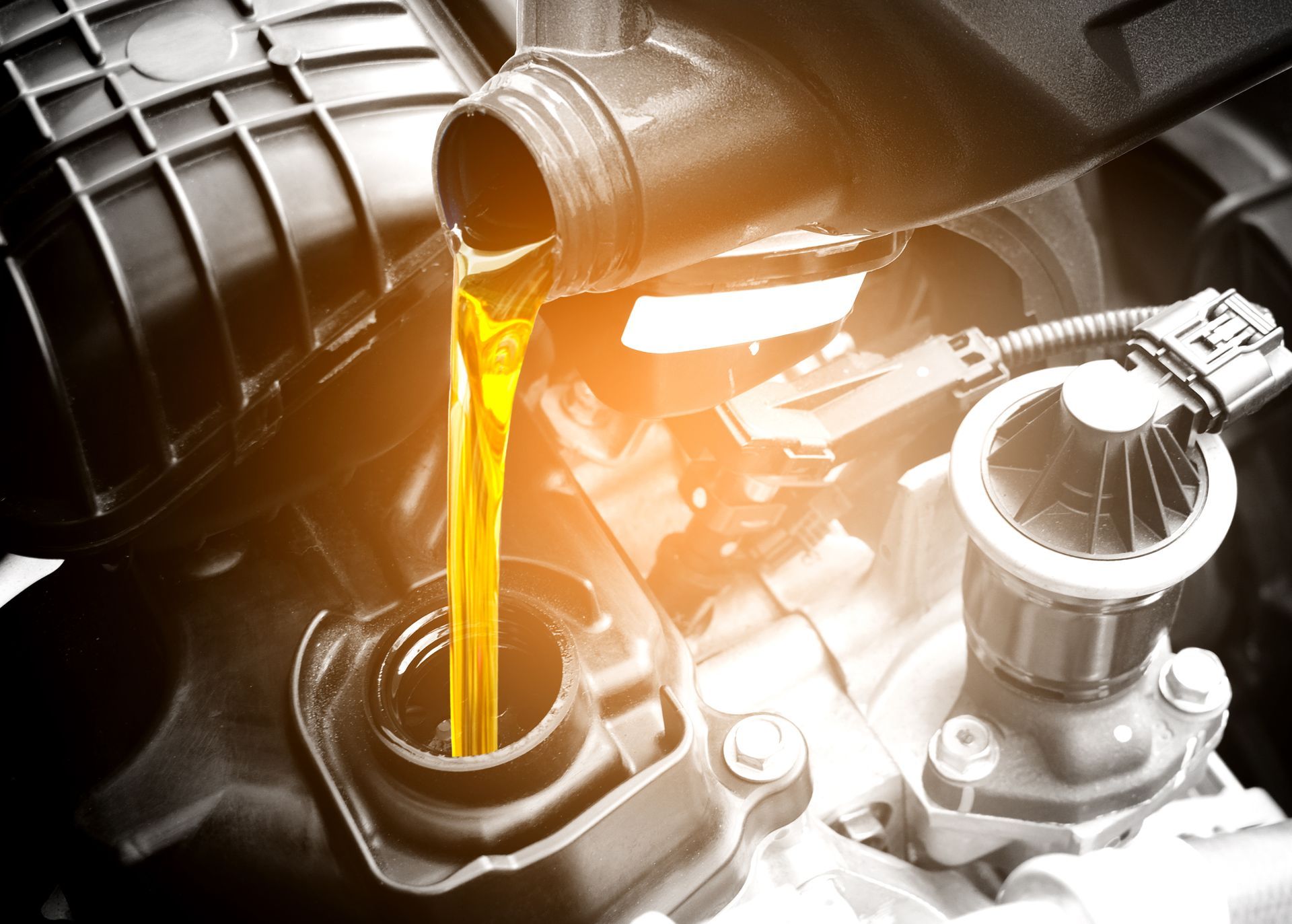Smart Timing: Why Late Summer Oil Changes Are Essential in Georgia
As August heat continues to bake the roads around Woodstock and September approaches, your vehicle's engine oil has been working overtime. After months of scorching Georgia temperatures, stop-and-go traffic on I-575, and those weekend trips to Lake Lanier, your engine oil has endured conditions that accelerate breakdown and contamination.
Late summer presents the ideal window for an oil change in North Georgia. The timing helps prepare your vehicle for the seasonal transition while addressing the damage that intense heat and summer driving patterns have inflicted on your engine's lifeblood.
How Georgia Heat Damages Engine Oil
Summer temperatures in Woodstock regularly climb into the upper 90s, and engine bay temperatures can exceed 200°F. This extreme heat causes engine oil to thin out, lose protective properties, and break down much faster than manufacturers' standard recommendations account for.
Heat-related oil problems include:
- Thermal breakdown causing oil to lose lubrication properties
- Increased oxidation that creates harmful sludge deposits
- Accelerated evaporation of oil additives and base oils
- Contamination from increased engine stress and wear
The combination of Georgia's humidity and heat creates perfect conditions for oil degradation. That 5,000-mile oil change interval? In Georgia summers, your oil may be failing well before you reach that mileage.
Summer Driving Patterns Stress Your Oil
Summer driving around North Georgia puts extra demands on engine oil that many drivers don't consider. Beach trips, mountain excursions, and increased air conditioning use all contribute to faster oil breakdown.
Demanding summer conditions:
- Extended highway driving to destinations like Helen or Savannah
- Stop-and-go traffic around Town Center at Cobb during peak shopping times
- Increased engine load from running AC constantly
- Towing boats to Lake Allatoona or campers to state parks
- Frequent short trips that don't allow oil to reach optimal operating temperature
These conditions cause oil to work harder and accumulate contaminants faster than normal driving patterns.
The Seasonal Transition Advantage
Late summer timing offers unique benefits for oil changes in Georgia. As weather patterns begin shifting from extreme heat toward more moderate fall temperatures, fresh oil helps your engine adapt to changing conditions.
Why timing matters:
- Fresh oil provides better protection as temperatures fluctuate
- Clean oil helps engines run more efficiently as AC demands decrease
- New oil filters remove summer contaminants before fall driving begins
- Proper lubrication prepares engines for different seasonal demands
Oil Viscosity and Georgia Weather
Georgia's extreme temperature swings from blazing summer days to cooler fall mornings can affect oil viscosity. Oil that's been stressed by months of heat may not provide adequate protection when temperatures start dropping.
Viscosity considerations:
- Thermal breakdown reduces oil's ability to maintain proper thickness
- Contaminated oil becomes less effective at temperature extremes
- Fresh oil ensures consistent protection across temperature ranges
- Proper viscosity selection helps engines start easier on cooler mornings
Most vehicles in Georgia benefit from multi-grade oils like 5W-30 or 5W-20 that perform well across seasonal temperature variations.
Signs Your Oil Needs Late Summer Attention
After months of Georgia heat and summer driving, certain warning signs indicate your oil change is overdue. Don't wait for severe symptoms that could indicate engine damage.
Check for these warning signs:
- Oil color has changed from amber to dark brown or black
- Oil feels gritty or has visible particles when rubbed between fingers
- Engine runs louder than usual, especially during startup
- Oil level drops more quickly than normal
- Dashboard oil pressure warning lights appear intermittently
- Unusual exhaust smoke, particularly blue-tinged smoke
The Filter Factor: Often Overlooked
During Georgia summers, your oil filter works as hard as the oil itself. Clogged filters restrict oil flow and reduce the system's ability to remove contaminants, making filter replacement crucial during late summer service.
Filter stress from summer conditions:
- Increased debris from dusty conditions and construction zones
- Higher contamination from stop-and-go traffic
- Reduced filtering efficiency as temperatures soar
- Potential bypass valve activation in severely clogged filters
Always replace the filter with every oil change, especially after harsh summer driving conditions.
Preparing for Fall Driving Demands
As summer transitions to fall around Woodstock, driving patterns change. School zones become active again, morning temperatures drop, and holiday travel season approaches. Fresh oil ensures your engine is ready for these new demands.
Fall preparation benefits:
- Better cold-weather starting performance
- Improved fuel economy as temperatures moderate
- Enhanced engine protection for increased stop-and-go school zone traffic
- Optimal lubrication for upcoming holiday travel
Professional Service vs. DIY Considerations
While some car owners tackle oil changes themselves, late summer service often reveals issues that require professional attention. Heat-stressed engines may develop problems that only trained technicians can identify.
Professional service advantages:
- Comprehensive inspection of heat-damaged components
- Proper disposal of contaminated oil and filters
- Identification of leaks or seal damage from summer heat
- Access to quality oils and filters designed for Georgia conditions
- Multi-point inspection to catch other summer-related problems
Choosing the Right Oil for Georgia Conditions
Not all engine oils perform equally in Georgia's demanding climate. High-quality oils with advanced additive packages provide better protection against heat, humidity, and the stop-and-go driving common around Woodstock.
Oil selection factors:
- API certification ensuring quality standards
- Viscosity appropriate for your vehicle and driving conditions
- Enhanced heat protection for continued summer driving
- Detergent additives to combat sludge formation
- Compatibility with your vehicle's engine design
Don't Wait Until Fall: Act Now
Late summer oil changes provide maximum benefit when performed before the seasonal transition becomes dramatic. Waiting until October means your engine has endured additional stress with degraded oil.
Protect your engine investment and ensure reliable performance as seasons change. The ASE-certified technicians at Diesel David Inc specialize in oil change services using high-quality lubricants designed for Georgia's demanding conditions. Located at 10262 Main Street in Woodstock, we've provided expert automotive care since 2015.
Call us at (770) 874-5094 to schedule your late summer oil change, or visit our shop for quick, professional service. With our 2-year/24,000-mile warranty, you can drive confidently knowing your engine has the protection it needs for the road ahead.









